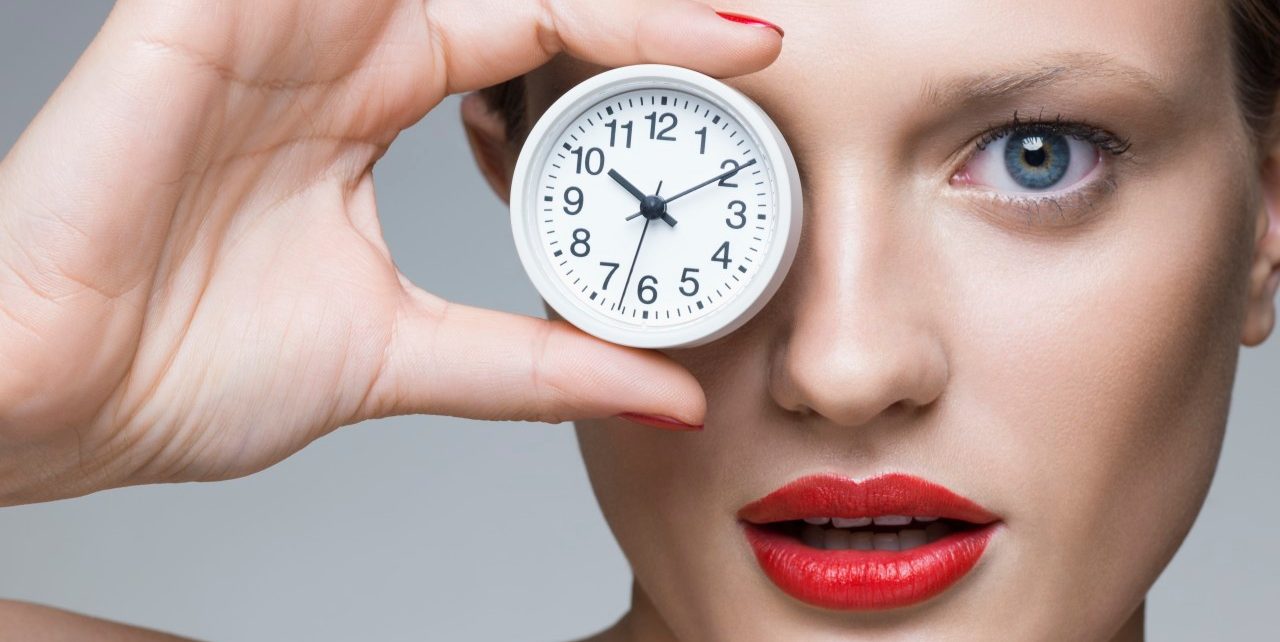Your Body Clock May Contribute to Health Problems

When it’s out of whack, you may increase your risk of heart disease, diabetes, metabolic syndrome, obesity, and depression.
In your brain near the optic nerves, a microscopic cluster of cells control your master body clock. This center, in turn, controls various biological clocks that can help maintain your health or increase your risk of disease.
Those clocks each oversee various circadian rhythms, or physical, mental, and behavioral changes that roughly follow a 24-hour cycle. You take these cycles — connected primarily to light and dark — for granted when daily habits are normal. When disrupted, however, they can wreak havoc.
Circadian rhythms help determine human sleep patterns by triggering the master clock to produce melatonin, a hormone that makes you sleepy. It’s no coincidence that humans have evolved to have that master clock located just above the optic nerves, which relay information about incoming light via the brain.
“Circadian disruption is closely linked to cognitive dysfunction, fatigue, increase in inflammation, metabolic dysfunction, and GI disturbances,” says Christopher Colwell, a professor of psychiatry at UCLA and a researcher on circadian rhythms.
“Just think of the acute effects of jet lag. These are the symptoms of your circadian rhythms being disrupted. Over time (years), circadian disruption increases risk for heart disease and even cancer (breast cancer).”
Shift workers have been closely studied because their body clocks and circadian rhythms are sometimes completely disrupted by unnatural, changing schedules. Researchers have found they have increased risk of heart disease, diabetes, metabolic syndrome, obesity, and depression.
In a mouse-based study, which has yet to be published, Colwell and his team looked at how even the timing of eating affects those rhythms. The mice were given food at times that were misaligned with when their internal clocks told them to eat. As a result, the mice had less sleep during the day (they’re nocturnal) and more sleep at night, when they should be active.
That disruption caused memory gaps that included forgetting objects in their cages to which they had been accustomed and cues that would keep them from being mildly shocked.
Researchers have been seeking for years to understand why disrupting the day to night cycle has such a great impact on health. In a roundabout way, one researcher studying intestinal bacteria may have found one explanation.
In the study on how gut bacteria communicate with the immune system, mice were bioengineered to lack a protein that regulates immune cells. But some unexpected and serious gastrointestinal side effects occurred. That missing protein also regulates a circadian rhythm. So the researchers tinkered with the sleep-wake, light-dark cycles of normal mice, which resulted in the production of more or less of the protein. The inference was that the GI systems of the bioengineered mice went haywire because they couldn’t generate the circadian clock protein at all.
Other recent research identified part of the process by which molecules that develop in neurological diseases disrupt the body clock. The molecules interfere with sleep and activity patterns, “and set the stage for a spiral of health concerns that can include a decreased lifespan and Alzheimer’s disease,” according to an Oregon State University report.
Another study put mice in a constantly lit environment, disrupting their circadian rhythms. They developed insulin resistance, which led to weight gain and higher levels of body fat.
While all this evidence shouldn’t keep you from having a blast at a party until 3 a.m., it does make clear that the body clock is an important part of your health.
Colwell says that preventing higher risk of disease amounts to a regular sleep-wake cycle, no exposure to light (especially blue light) when you should be sleeping, and not eating late.
“Getting exposure to sunlight (safely) during the day and avoiding too much light at night, scheduling meals during the day and avoiding late night high-carb snacks, and exercising during the day (while) avoiding heavy cardio work outs late will all help,” he says.
If you’re a shift worker on rotations, don’t try to live in two different worlds. Friends and family need to know about the importance of uninterrupted daytime sleep, says the American College of Emergency Physicians (ACEP).
“An answering machine is a must for all shift workers. A dark, cool, quiet sleeping place increases both total sleep time and sleep quality. Black out curtains are a worthwhile investment for all who must sleep during the day,” the ACEP adds.
The organization also suggest a “split sleep” period — 3 to 4 hours just before and 3 to 4 hours just after a night shift. That way, at least part of every sleep cycle is during a circadian period when sleep is expected. There are other ways to compensate, but each has its drawbacks.
If you’ve ever been called a “vegetable,” maybe it’s because someone thinks you’re lazy or tired, but you could always respond that it’s because your circadian rhythm is off.
A study found that even fruits and vegetables have “body” clocks, too. Even after they’ve been picked, shipped and arranged in the produce aisle, they respond to light for days. “We found we could use light to coax them to make more cancer-fighting antioxidants at certain times of day,” said Janet Braam, the lead researcher. So, maybe you should just “veg out” sometimes.
Updated:
May 20, 2015
Reviewed By:
Janet O’Dell, RN